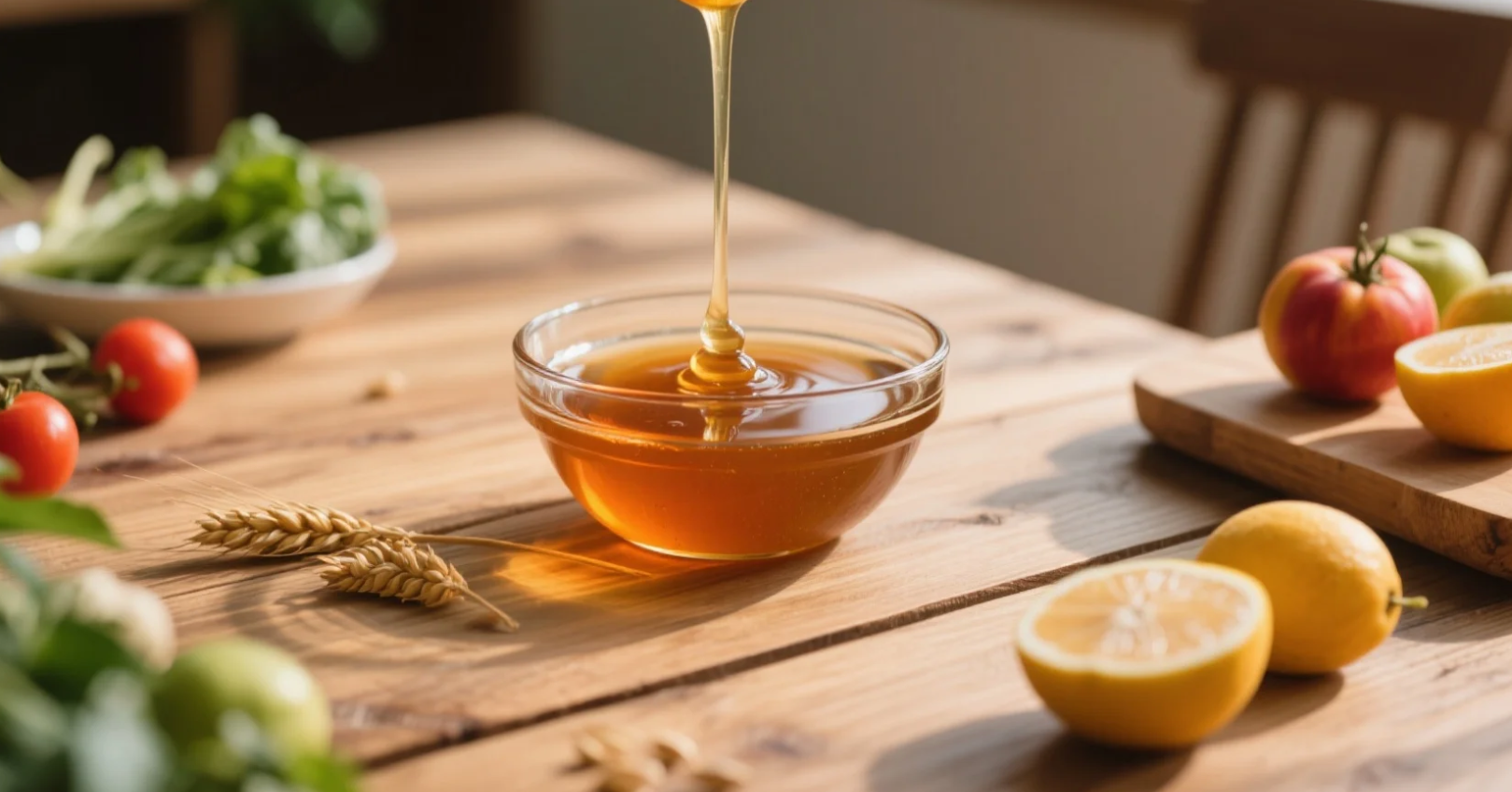Table of Contents
The search for natural, low-calorie sweeteners has led to the rising popularity of organic allulose syrup. Unlike artificial sweeteners, allulose is a rare sugar found naturally in small amounts in figs, raisins, and jackfruit. But what makes it so unique? Let’s explore the science behind organic allulose syrup and how it supports better health without sacrificing sweetness.
1. What Is Allulose?
Allulose (D-psicose) is classified as a monosaccharide, structurally similar to fructose. Despite its resemblance to traditional sugars, it behaves differently in the body:
- Absorption: Rapidly absorbed in the small intestine
- Metabolism: Not metabolized into glucose
- Excretion: Excreted through urine without significant energy contribution
This unique metabolic pathway explains why organic allulose syrup provides sweetness with almost zero calories.
2. Caloric and Glycemic Impact
The most significant benefit of organic allulose syrup lies in its low-calorie and low-glycemic properties:
- Calories: Only 0.4 kcal per gram (vs. sugar’s 4 kcal per gram)
- Glycemic Response: Minimal impact on blood glucose and insulin levels
- Suitability: Safe for diabetics, ketogenic diets, and weight management plans
This makes it an ideal sweetener for functional beverages, low-carb snacks, and diabetic-friendly foods.
3. Health Benefits of Organic Allulose Syrup
Beyond sweetness, research highlights several health benefits of allulose:
- Weight Management: Supports calorie reduction and fat metabolism
- Blood Sugar Control: Helps moderate post-meal glucose spikes
- Gut Health: May promote beneficial gut microbiota
- Dental Health: Non-cariogenic, meaning it does not contribute to tooth decay
Consumers increasingly prefer organic allulose syrup because it aligns with both health-conscious and indulgent lifestyles.
4. Functional Benefits for Manufacturers
For food and beverage producers, organic allulose syrup offers advantages beyond health:
- Taste & Texture: Similar to sugar, with no bitterness
- Browning & Caramelization: Functions in bakery and confectionery like sucrose
- Moisture Retention: Extends shelf life in baked goods
- Clean Label Appeal: Recognized as natural, organic, and consumer-friendly
This makes it an ideal ingredient for innovation, from beverages to bakery to confectionery.
5. Market Trends and Consumer Demand
Consumers are driving demand for low-sugar, clean-label products, and governments worldwide are implementing sugar-reduction policies. Organic allulose syrup perfectly fits these trends by offering:
- Sustainability: Plant-based, naturally occurring sugar
- Health Alignment: Keto, diabetic, and weight-management friendly
- Market Growth: Expanding opportunities in functional foods, beverages, and nutritional products
Conclusion
Backed by science, organic allulose syrup stands out as a rare natural sugar with big benefits—low calorie, low glycemic, and health-promoting. It delivers sweetness that consumers crave while supporting product innovation for manufacturers.
At ORGANICWAY, we provide premium organic allulose syrup in bulk to meet the needs of food, beverage, and nutraceutical companies worldwide.
? Contact us today to explore our supply options and request samples for product development.
Related Products
Organic Allulose Sweetener
Source premium Organic Allulose Powder and Syrup. A clean-label, low-calorie, non-glycemic rare…
